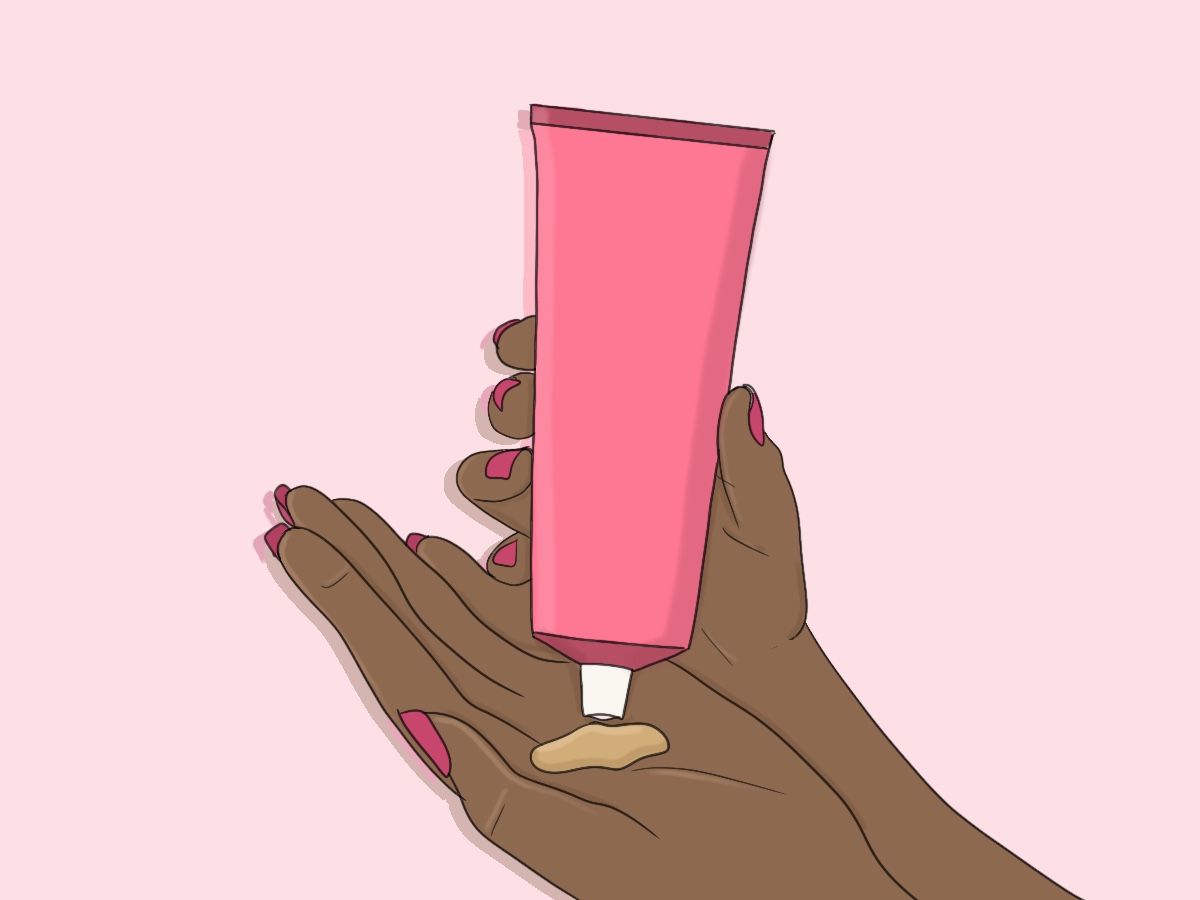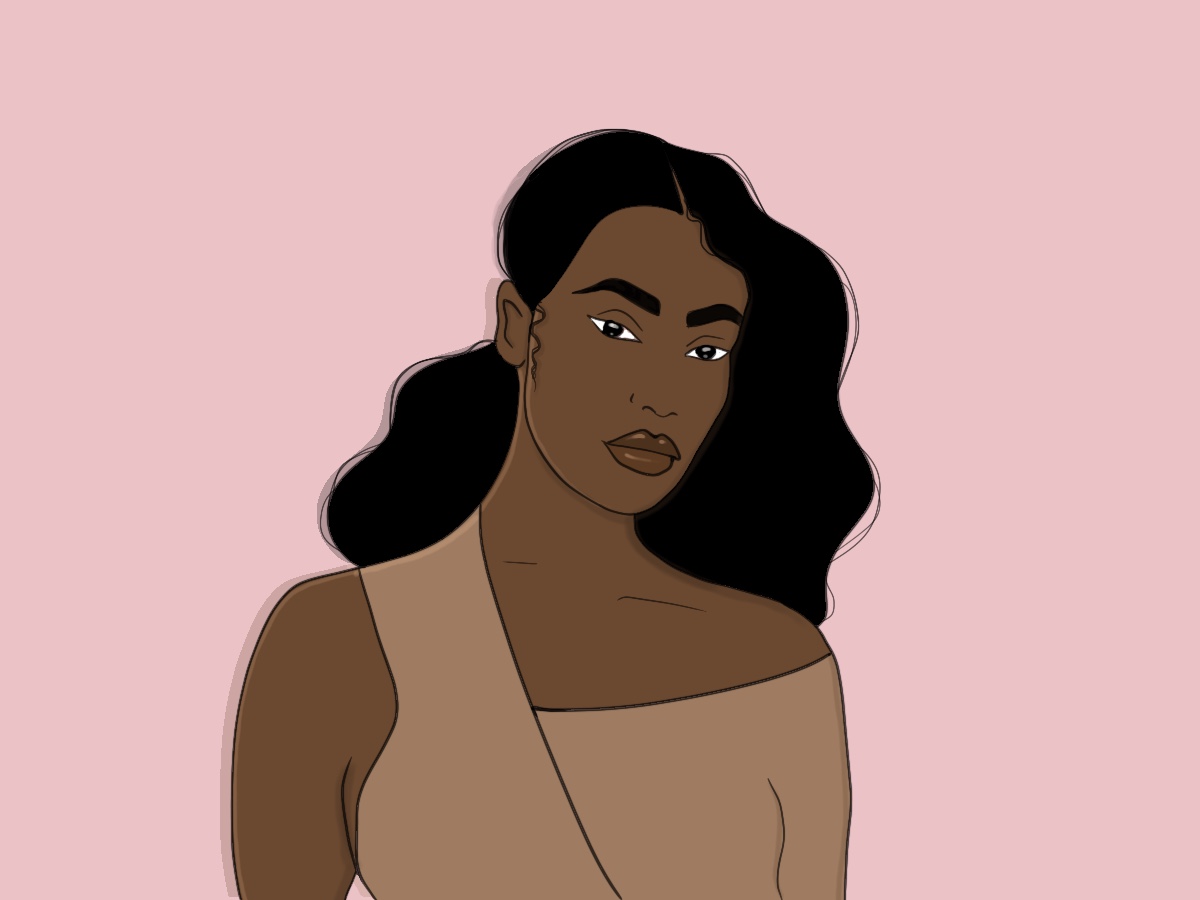If there is one human experience that can be considered universal, it’s ageing. You get wrinkles, things sag and you slow down, that’s life. Beauty creams and serums have dated back hundreds of years as ‘cures’ for ageing. But with increased media coverage of beauty products creating a new expectation of staying younger for longer, these ‘cures’ have themselves become a ‘disease’ affecting women in the modern age.
Modern and widely available ‘cures’ like Botox and cosmetic surgery are increasingly offered to younger women, some as young as their early teens. Whilst these products and surgeries should be a free choice for any woman, society is increasingly making it an expectation. Whether you’ve comfortably accepted ageing or you’re only in your 20s and are afraid to age anymore, women are affected by the ‘disease’ of this ‘cure’. It is perfectly okay to take these ‘cures’ for ageing but it is not okay to feel like you have to because of the way society treats and represents women who don’t.
How do we define beauty today?
Media outlets feed millions of women that to do well in the world, you should not age. Take for instance Cher, who at 76 barely has a wrinkle on her face. Or Sharon Osbourne, a woman who at 70 could easily be mistaken for a woman in her 40s. The vast majority of women who are presented to us in the media use expensive and invasive procedures to remain youthful. Even Kim Kardashian, who at 41 doesn’t even have a frown line in sight convinces me that she looks younger at 41 than she did at 31.
On the other side of the coin, women who age naturally without the assistance of Botox and cosmetic surgery are often absent from the media. And on the rare occasion of their presence, are usually accompanied by headlines about their appearance. Even women like Cher and Kim are scrutinised for their appearances. This can be detrimental to women of all ages, including the ‘Chers and Kims’ of the world, as the constant scrutiny reminds them that they must take ‘cures’ to stay relevant.
Beauty expectations have become more difficult to reach over the past two decades due to increasing technologies. The fast rise of Botox has been well-documented on social media and in tabloid magazines, and have completely changed what society believes women of a certain age could and should look like. With Botox costing only £250 a go, it’s no wonder women are turning to this to keep in line with the images they see online.
For any woman, the pressure to stay youthful is monumental. And these easy-accessible, well-publicised ‘cures’ for ageing have increased that pressure to a detrimental level. It’s okay to freely want to use these surgeries and treatments to stay looking youthful. But it’s not okay when it becomes an expectation because of the negative societal repercussions for women naturally ageing.
The male gaze

Historically these expectations have been set within patriarchal societies. In such societies youthfulness, on the part of women, has always been linked to fertility. A man will subconsciously find a woman more attractive if she looks young enough to carry a child.
For the upper class, a fertile woman would produce a male heir to carry on the family name and female children to marry off – hopefully into wealth and status. For ordinary people, a fertile woman would produce as many children as possible in hopes that they would survive childhood and be able to work and earn money for their families. As human societies have evolved, the emphasis on women’s fertility and the social stigma around this should have become less significant, but it hasn’t.
Today, women’s fear of ageing can still find its cause in the male subconscious. In many instances, older-looking women are regarded as unnecessary. Instead, worship is given to pretty-faced and youthful-looking women. We can see this phenomenon at work between heterosexual men and women. As women age, they tend to be attracted to men their same age. But as men age, their attraction stops at women in their late twenties or early thirties.
For centuries, men have decided what a woman should look like to be useful: this is the male gaze. So why in the 21st century are we still pandering to this? And why does it affect women to such a degree that they feel like they have to change the way they look? Growing old should be a liberating experience. Reaching menopause and knowing your body no longer prioritises child-bearing over itself should be a cause for personal celebration.
But for most women, it is not. It seems as if we have given in to the idea that women after 40 become invisible. And instead of trying to challenge this, we have challenged the ageing process. This is when these ‘cures’ for ageing can become dangerous. When women feel like they have to look more youthful to get ahead in society, that is a problem. The male gaze doesn’t just make women want to look younger, it shapes our lives, livelihood and health. In turn, this makes women feel they have to ‘cure’ the ageing process. And this obsession becomes a ‘disease’.
Society and its treatment of the older woman
Older women feel the main scorn of the male gaze. Older women are less likely to get a job than older men, who are considered ‘more experienced’. Evidence gathered by the TUC as part of its ‘Age Immaterial’ project shows that older women are also much less likely to receive training. 51% of women aged over 65 said they had received no training in the last three years, compared to 32% across all age groups[1]. The fear of ageing is not just to do with how women look. But also to do with how they’re treated and viewed in society.
This is demonstrated in Hollywood where one study shows that female stars reached their peak earning age at 34. Whereas male stars didn’t peak until 51. An analysis of US films made from 1920 to 2011 has revealed that as far as leading roles are concerned, “by age 30, women only got 40% of the leading roles. And past age 40, men claim 80% of the leading roles.”[2] It is a well-known fact that after age 40, roles become few and far between, which not only negatively affects actresses but also means that there is less representation of older women in the media. All these pressures push women to ‘cure’ the ageing process.
Generally in films, we can often see a man playing the lead in his 40s or 50s. But the leading lady opposite him will never be that age. She will always be 20 or even 30 years his junior. According to Hollywood, men in their 50s can be sexy but women lose their sex appeal after 35. And this dangerous ideology is shipped out across the entire world in every Western film. There is a literal word for older men who are still extremely attractive, ‘a silver fox’ anyone? But the same grace is not offered to women. We’re happy for our leading men to grow old as long as their love interests do not.
And it’s not just in the workplace where older women are underrepresented. Despite the beauty industry’s progression on ‘diversity’, older people are still massively underrepresented. According to research by the agency Cult, this phenomenon doesn’t apply to men (who’d have guessed). When the beauty industry does represent older women it is almost always to market anti-wrinkle creams, to hide greying hairs or to plump up the skin. It is rarely ever to market makeup that works with mature skin. Rather than embrace ageing, always hide it.
So, with opportunities for women drying up after 40, it is no wonder that the anti-ageing market is so powerful. Women get drawn into it, not just for vanity reasons but because society has told them that they are worthless if they look older. And this is only getting worse with the easy accessibility of Botox and plastic surgery. By women not allowing themselves to age on the outside, they are sending a dangerous message that not ageing is part of the parcel of the current beauty standard for women, reinforcing the dominance of the male gaze in determining our lives.
So, time and time again we see that older women are overlooked in society. Labelled as ‘washed up’, ‘unsexy’, and ‘past their prime’. And whilst we see and hear this, at the same time we are seeing celebrities in the media who seemingly don’t age. Each day a new ageing treatment is plastered over Tiktok: how not to get wrinkles, gua sha, slugging, face yoga anyone? No wonder women find the idea of ageing scary when it’s even ingrained into teenagers that women should not age.
But again, it’s okay to want to look after your skin and appear youthful. There is nothing wrong with that. What is dangerous is feeling that you have to do all these things out of fear of societal repercussions.
What’s gone wrong and what should we do?
It is none of these women’s fault that this is the beauty standard. It has been for hundreds of years. Women today have simply taken advantage of modern science to stop the process of looking old. Who wouldn’t do that if they had the money? With the way society treats older women and the way mature women are marketed to us, the answer is very few. You shouldn’t be 23 years old worrying about wrinkles and growing older. Nor should you be 50 and worrying about how people will start to disregard you more with every new wrinkle. But the harsh reality is that society treats older women in such a way that you can’t help worrying about it. Even at the age of 23.
So what can we do? We need to stop letting the male gaze define our lives! We need to take the lead in caring less about ageing. The more women buy into it, the more society makes it a thing! Ageing is a natural and beautiful process that should be admired and looked forward to, nothing less.
Ageing is the harbinger of wisdom, a wisdom schooled in experience that can understand the world and change it. When viewed this way, ageing is to be greatly prized. So we need to stop looking for a ‘cure’ and remember that above all else, we’re not failing as we’re ageing. But by allowing ourselves to age, we get to determine a different outcome, and that’s powerful.
REFERENCES
[1] A Tuc Report, 2014, ‘The Age Immaterial Women Over 50 In The Workplace’ www.tuc.org.uk/sites/default/files/Age_Immaterial_Women_Over_50_Report_2014_LR.pdf
[2] The Washington Post, 2016, ‘Why the age of 40 is so important in Hollywood’ https://www.washingtonpost.com/news/wonk/wp/2016/09/19/these-charts-reveal-how-bad-the-film-industrys-sexism-is/
Find more lifestyle articles here >
Written by Harriet Conway
Illustrated by Francesca Mariama

